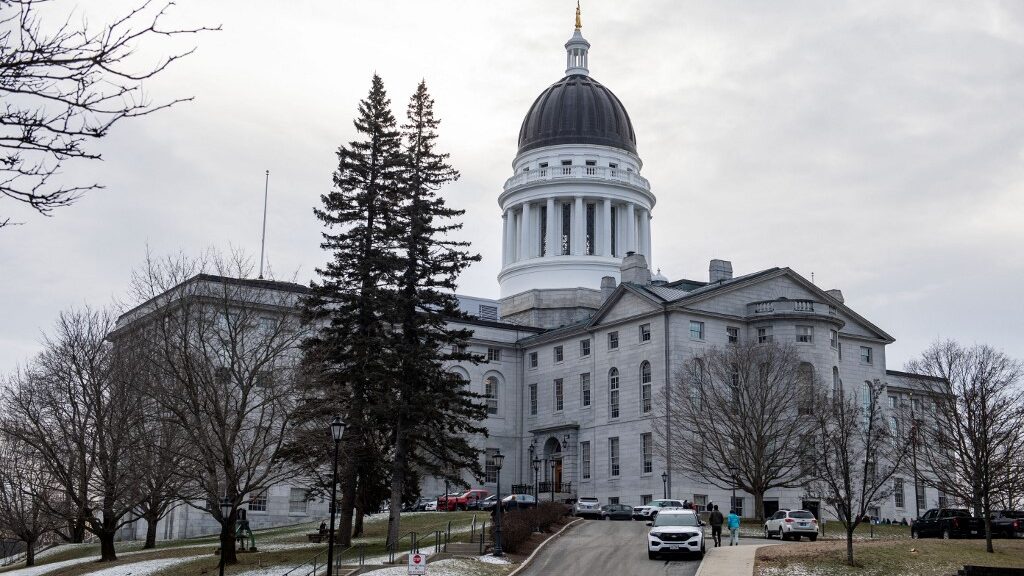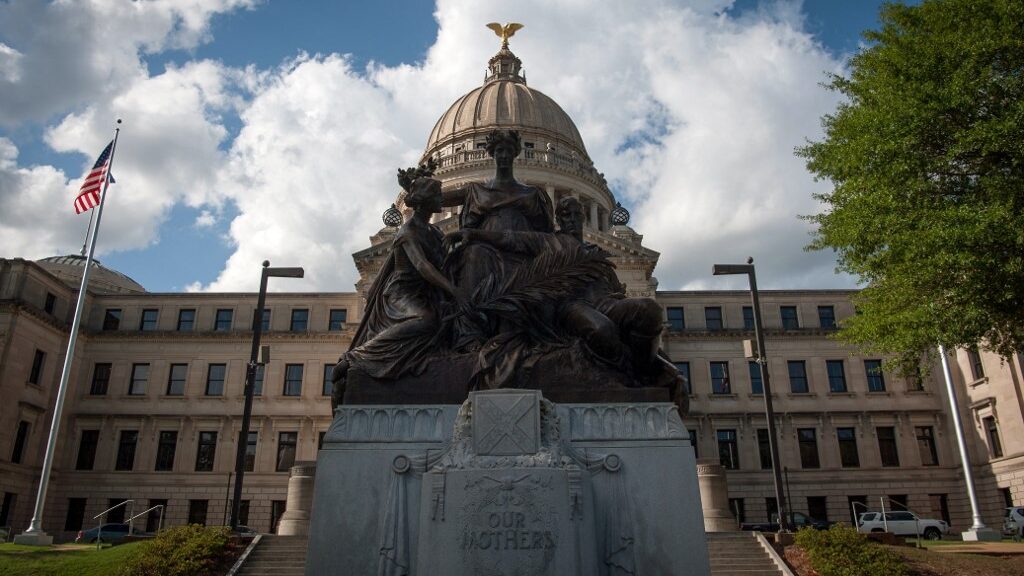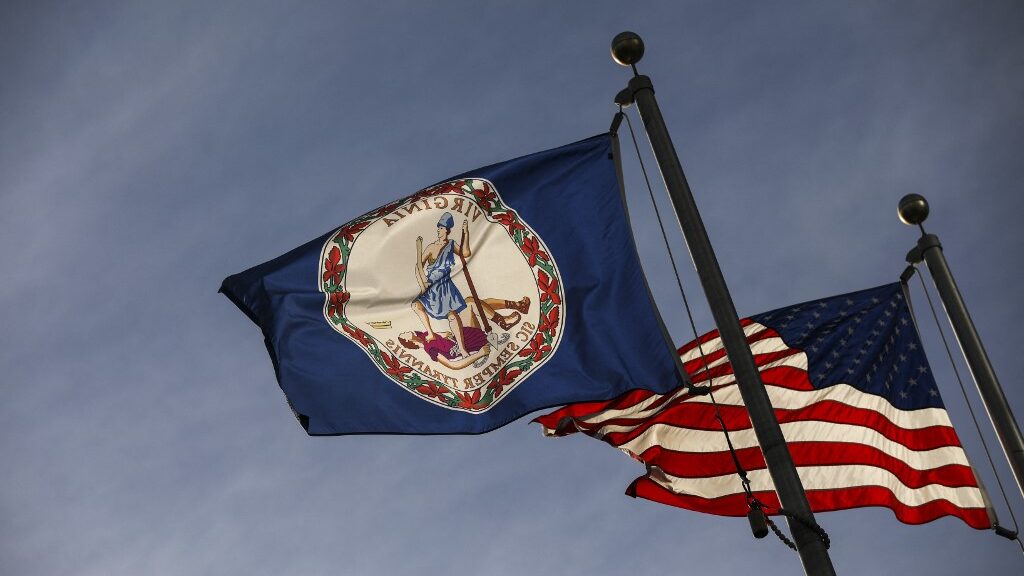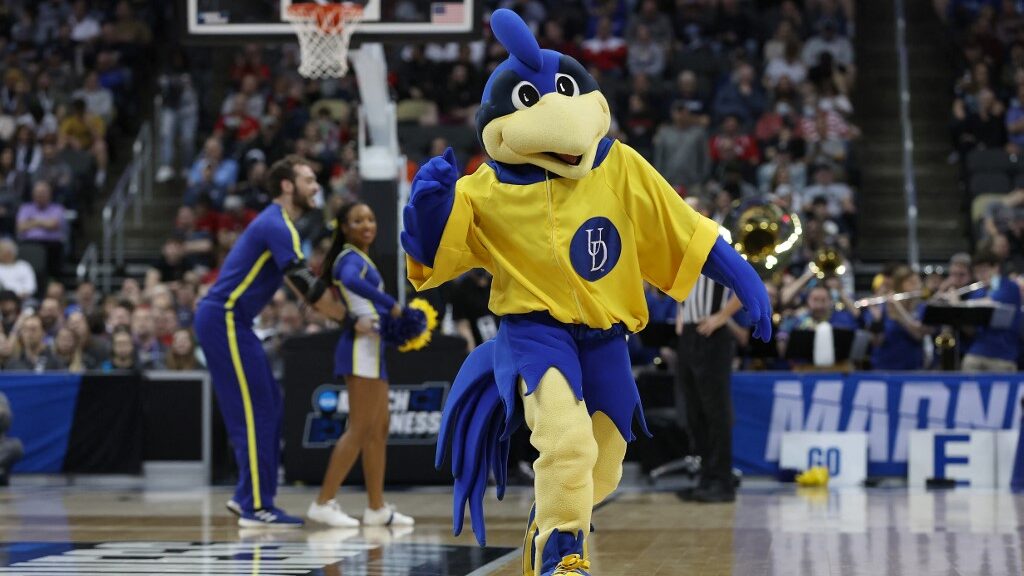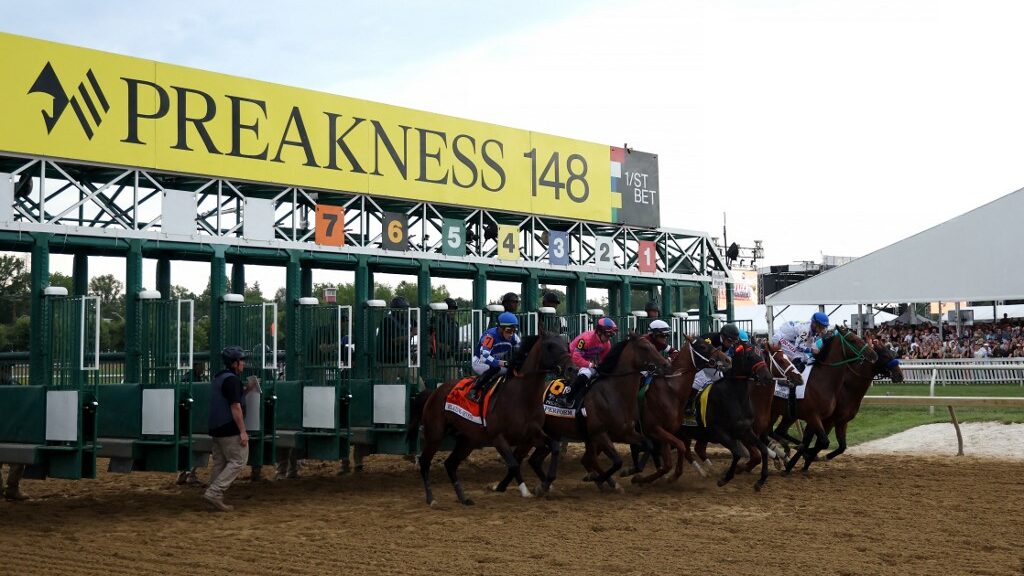
The state of Maryland, one of three jurisdictions whose voters approved the launch of a legal sports betting platform on the November 3 US Election Ballot has been moving quickly toward a jump-off date. It was just May 18 that Maryland Governor Larry Hogan signed House Bill 940 into law, paving the way for the regulators to get to work, for prospective providers to start their application process and for the Maryland industry to possibly go live by the start of the NFL season.
Maryland has taken a somewhat unorthodox approach to their impending launch. Regulators in the state have set the groundwork for an expansive platform that could not only bring some new providers to the table but could also generate some impressive, top-tier revenues for its sportsbooks and ultimately state and local coffers that will benefit from the dollars produced by its platform.
No Shortage of Competition
Legislators in Maryland have opened up the possibility of entertaining the most sportsbooks of any state in the nation. The state’s six casinos, the Laurel Park and Pimlico Race Course thoroughbred racing tracks, and the stadiums for Maryland’s major professional teams (the Baltimore Orioles, the Baltimore Ravens and the Washington Football Team) are all in line to get licenses for sports betting when the platform goes live.
There is also a provision for 30 additional in-person betting licenses for such venues as off-track betting facilities, the Maryland State Fairgrounds in Timonium and large bingo halls. Up to 60 licenses for mobile sports betting apps will be up for grabs as well but it is unclear as to all 60 will be claimed.
By comparison, New Jersey, which is currently the most productive sports betting market in the country has 22 licensed top sportsbooks.
Geoff Fisk, Senior Analyst for MarylandSharp.com said, “Maryland takes the competitive sports betting business plan into uncharted territory. We’ve seen online sports betting thrive in New Jersey, with more than 20 different mobile wagering brands. Maryland is allowing triple that number, and it’s amazing to contemplate how that market will unfold.”
What That Competition Means
Maryland legislators signaled their desire to have a diverse and inclusive legal sports betting market with incentives given to minority and female-owned providers, which is a new wrinkle within the broader US scene. It all adds up to the potential of an enormous number of providers battling for a finite amount of Maryland bettors.
It also means that larger and smaller potential operators will have to be creative in the customer acquisition and retention, something that large scale operator have become extremely proficient at. It is expected that the competition for customers will be a benefit to bettors and created one of, if not the most competitive sports betting market in the country.
Geoff Fisk said: “We’ll see many companies take their first shot at mobile sports betting in the Maryland market. Can the smaller sports betting startups compete with brands like [the two DFS behemoths] and BetMGM? It will be intriguing to watch that competition play out, and see how Maryland emerges compared to other sports betting states.”
Projected Revenues
There have been a few studies about just how much revenue the Maryland scene could generate. A recent Maryland Lottery and Gaming Commission study identified as much as $184 million annually being generated from the state’s mobile sports betting platform.
MarylandSharp.com sports betting revenue analyst Geoff Fisk has his own thoughts on the amount of revenue a mature Maryland sports betting industry could generate. He projects that Maryland’s sports betting market could bring in more than $217 million annually.
With Maryland’s state-friendly 15% tax rate, tax coffers could benefit to the tune of $32.55 million in annual tax revenue for educational programs, according to Fisk’s estimates.
He concluded that: “Maryland sports betting seems destined for success. The attractive tax rate and unprecedented opportunities for new sportsbook brands should lead to a win-win situation for the operators and the state.”


